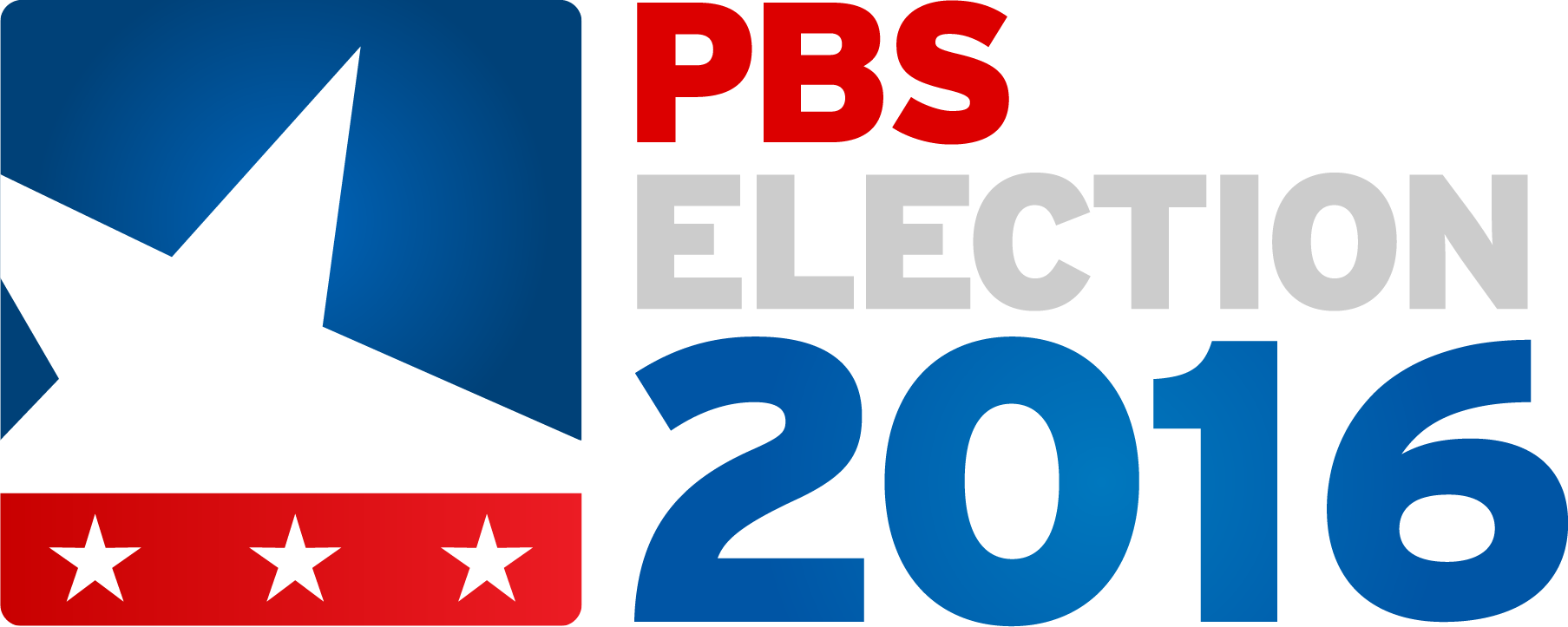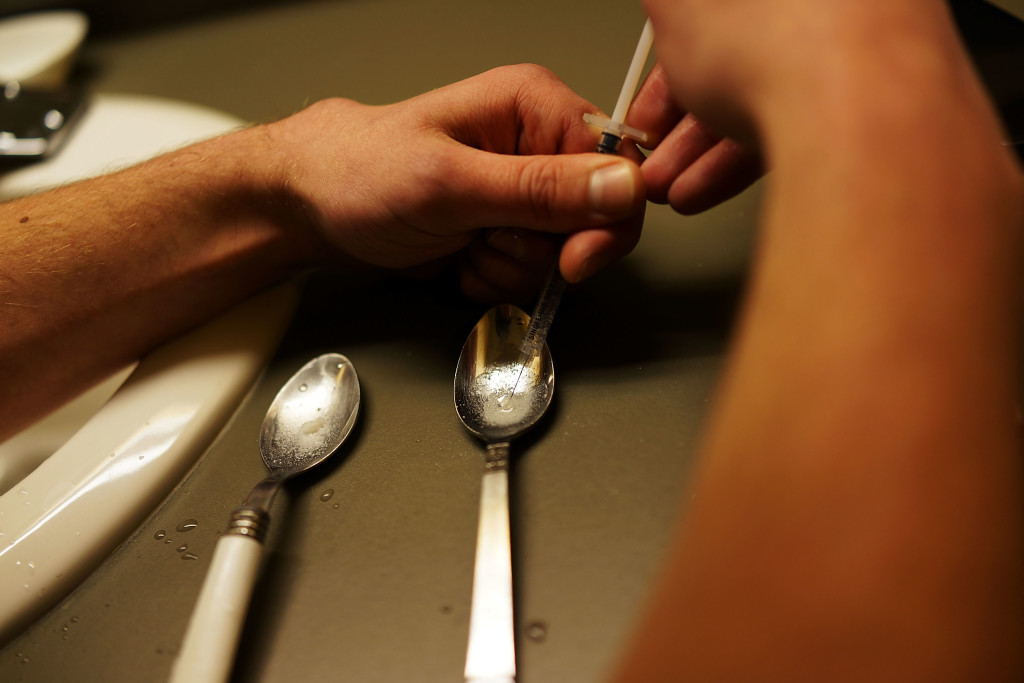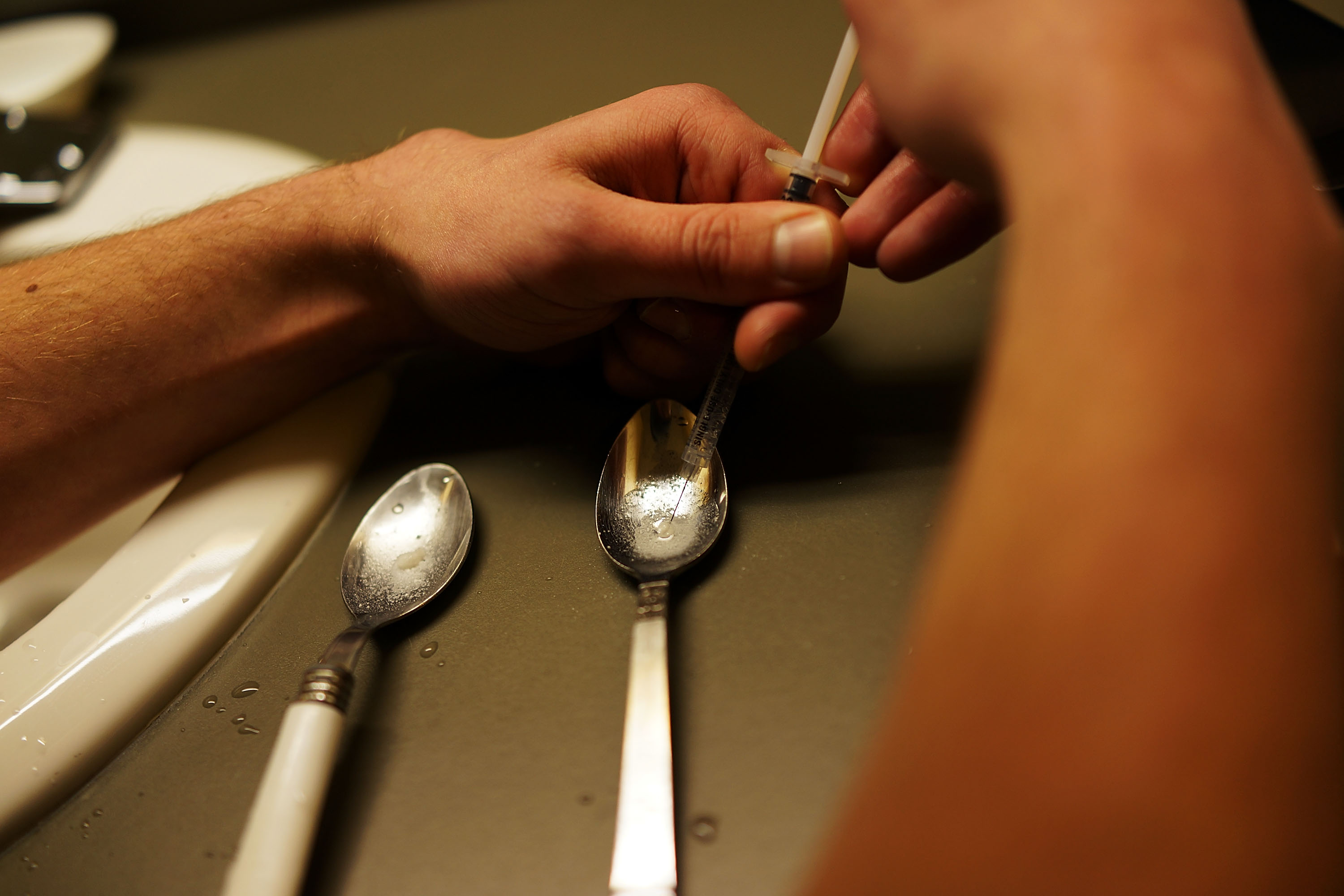How Would the Candidates Fix the Heroin Epidemic?
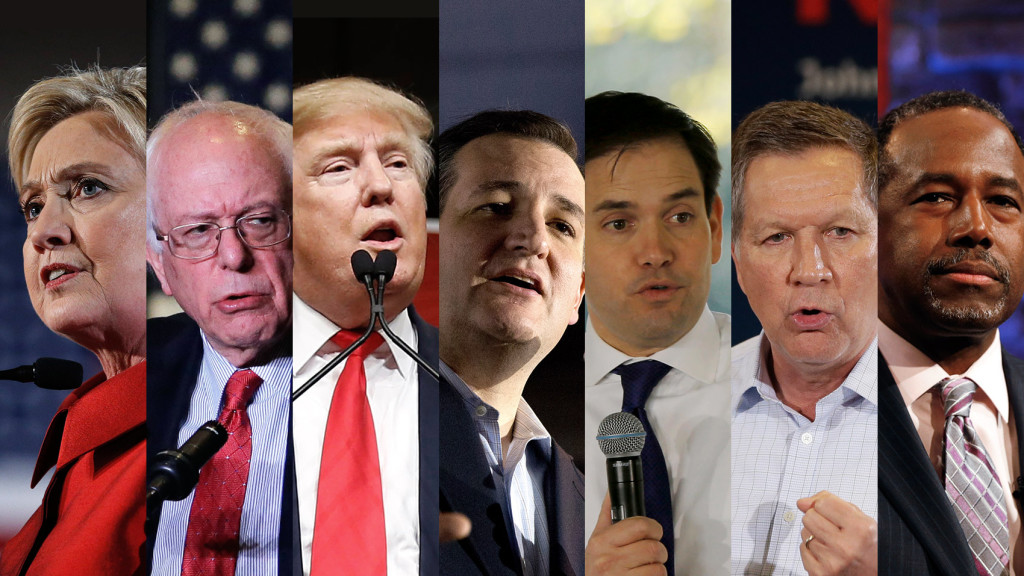
February 23, 2016
Share
The nation’s opioid epidemic has come up repeatedly in the 2016 race for the White House, and for good reason. In 2014 alone, more Americans died of a drug overdose than in any other year on record. Nearly half of those deaths – around 29,000 – involved some type of opioid — like heroin. The candidates all agree on the severity of the epidemic, but their proposals vary widely. Some say the answer is more of a focus on treatment, rather than incarceration. Others say the solution is to build a wall with Mexico. With the race tightening, here is a brief snapshot of where the candidates stand.
Hillary Clinton
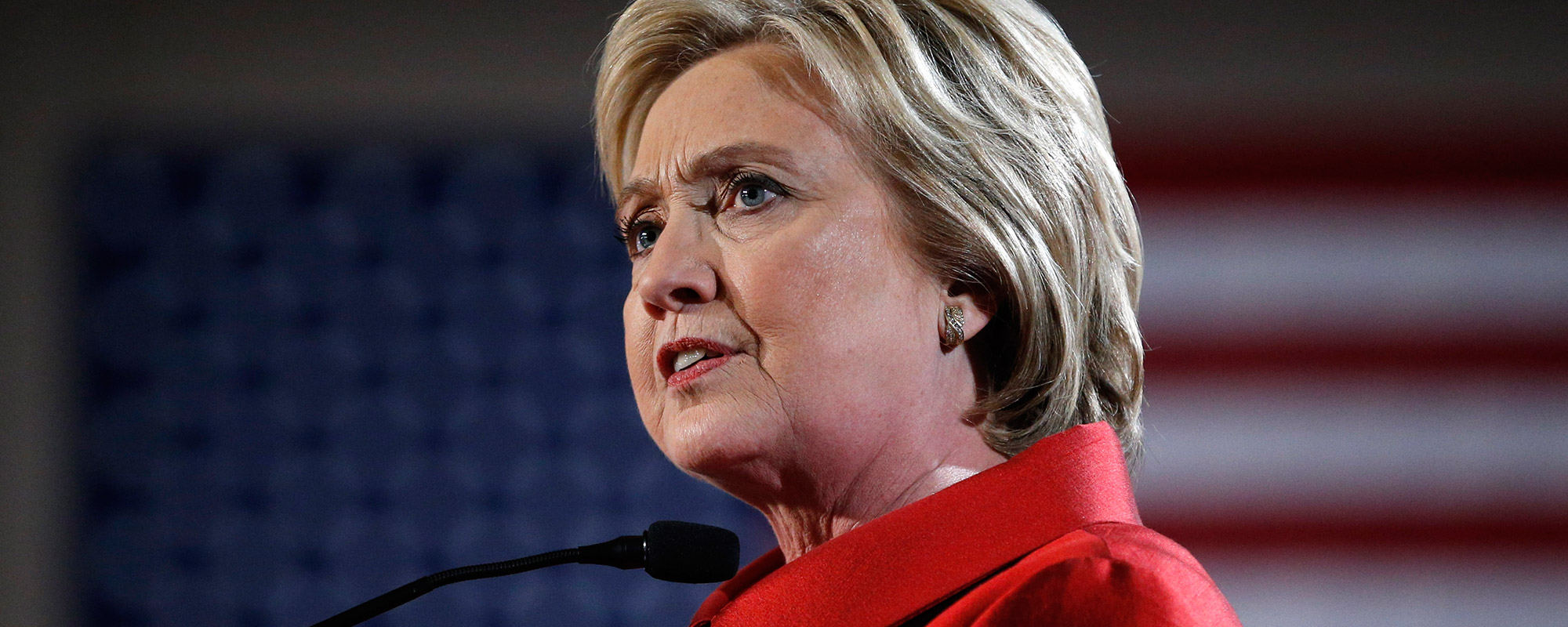
Hillary Clinton has proposed spending $10 billion to end what she called a “quiet epidemic” in a 2015 op-ed in the New Hampshire Union Leader. Clinton’s plan would widen access to treatment and recovery programs, in part through a new $7.5 billion partnership between states and the federal government. States that meet new benchmarks for treatment would get $4 in federal dollars for every $1 spent. Those costs would be offset by spending less on sending low-level, nonviolent drug offenders to jail. Clinton’s proposal would also put naloxone, which can stop overdoses from becoming fatal, in the hands of all first responders and introduce a new prescription drug monitoring program.
Bernie Sanders
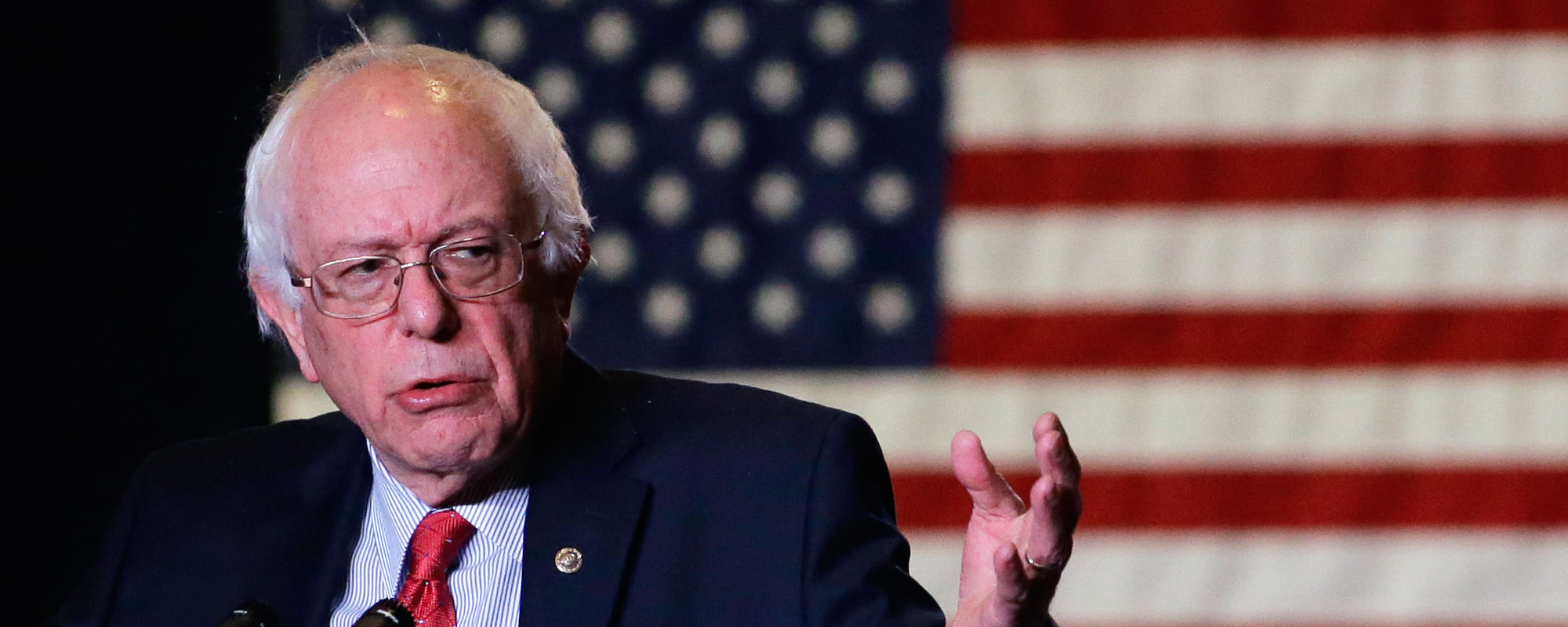
Bernie Sanders has blamed the prescription painkiller and heroin epidemic, at least in part, on drug companies. “There is a responsibility on the part of the pharmaceutical industry and the drug companies who are producing all of these drugs and not looking at the consequence of it,” Sanders said at a Democratic debate in January. He’s called the war on drugs a failed policy and supported an emphasis on treatment over incarceration for nonviolent drug offenders. In 2007, he co-sponsored legislation to allow incarcerated offenders access to pharmacological drug treatment. In 2014, he backed the Smarter Sentencing Act, a bill that would have reduced mandatory minimum sentences for drug sentences; the measure has stalled in the Senate.
Donald Trump
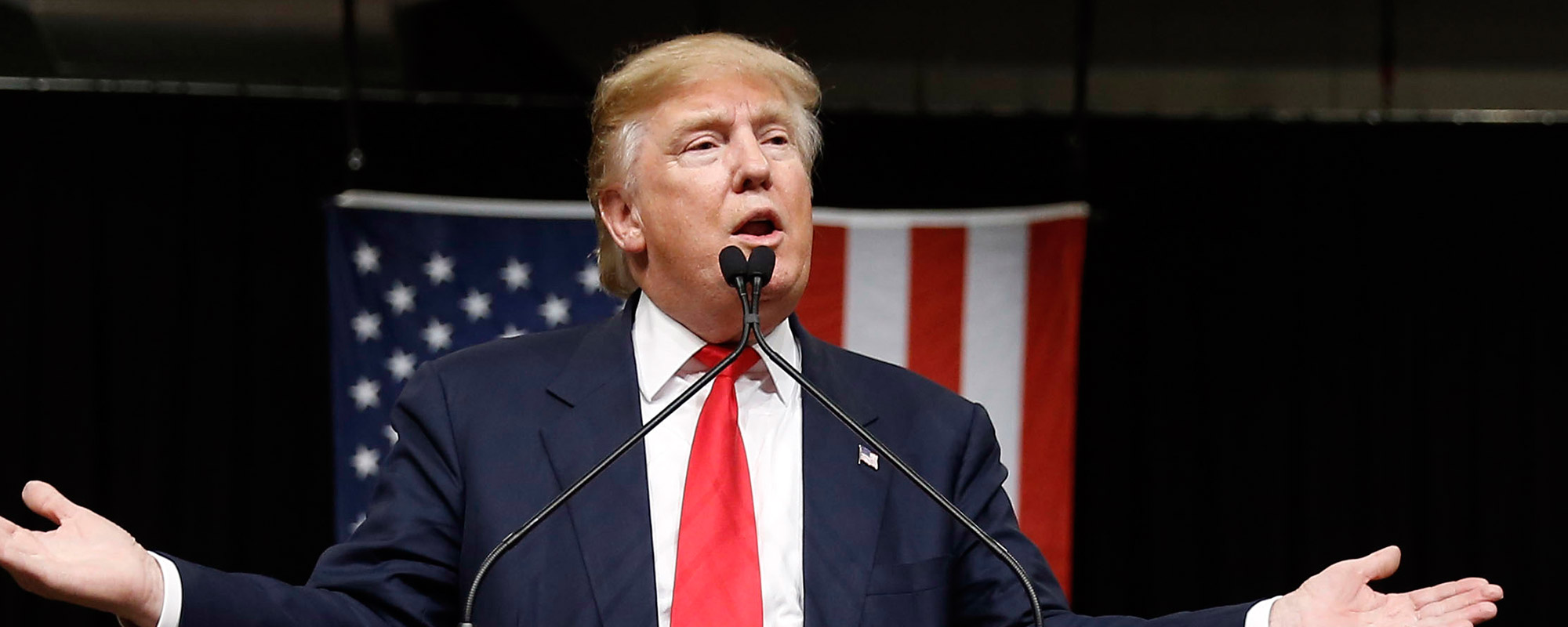
Donald Trump has been short on specifics when it comes to addiction. His public remarks on the issue have mainly focused on stopping the flow of drugs entering the United States from Mexico. In a short video dedicated to addiction on his website, the business mogul says, “I’m gonna create borders. No drugs are coming in. We’re going to build a wall. You know what I’m talking about. You have confidence in me. Believe me, I will solve the problem. … They’ll stop coming to our country. And the people that are in trouble, the people that are addicted, we’re going to work with them and try and make them better, and we will make them better.”
Ted Cruz
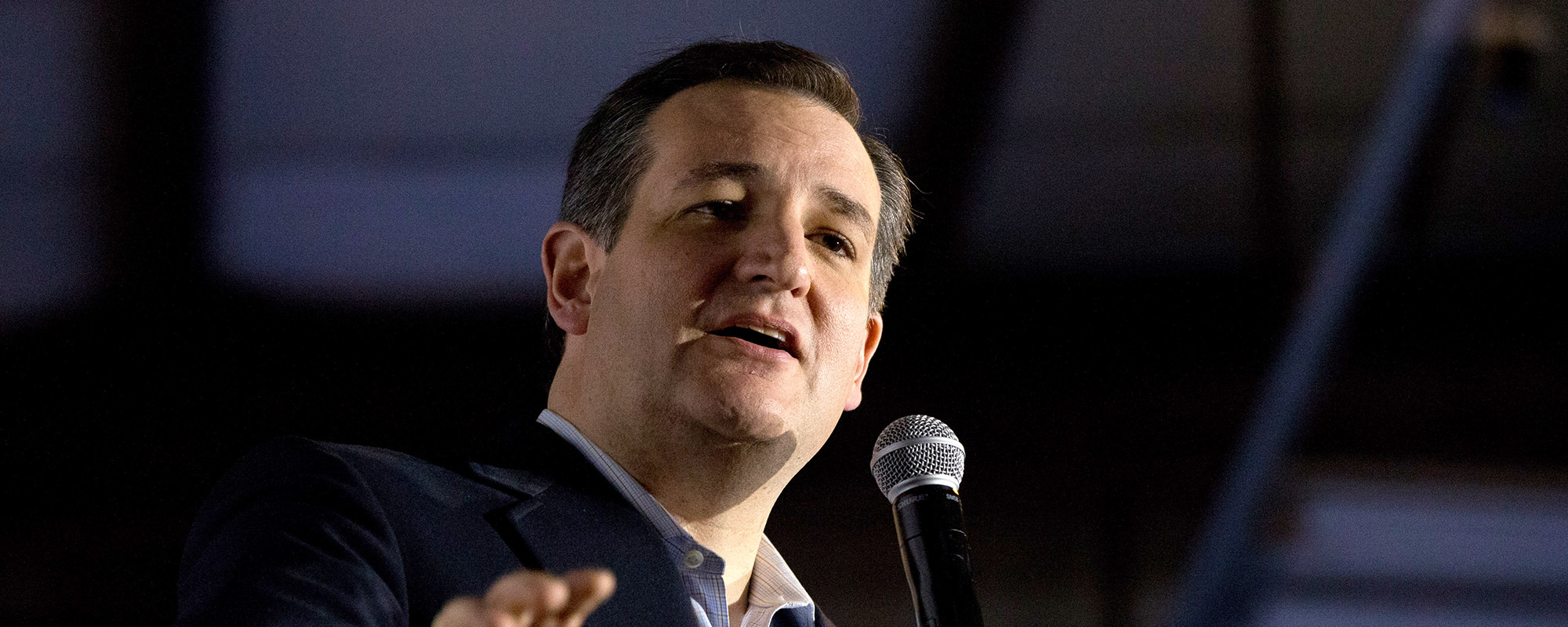
On the campaign trail, Ted Cruz has shared the story of his half-sister’s struggles with addiction, the time she spent living in a crack house, and her eventual death from a drug overdose. Like Trump, Cruz says that to solve the problem, the U.S. needs to secure the border by building a wall along the border with Mexico. During a forum on addiction in New Hampshire earlier this month, the Texas senator said that he supports legislation to funnel more federal dollars into drug prevention programs, but he reiterated that solutions need to come from the local level. “It’s not going to be the government that solves this,” said Cruz. “It’s going to take people on the ground connecting one person at a time.”
Marco Rubio
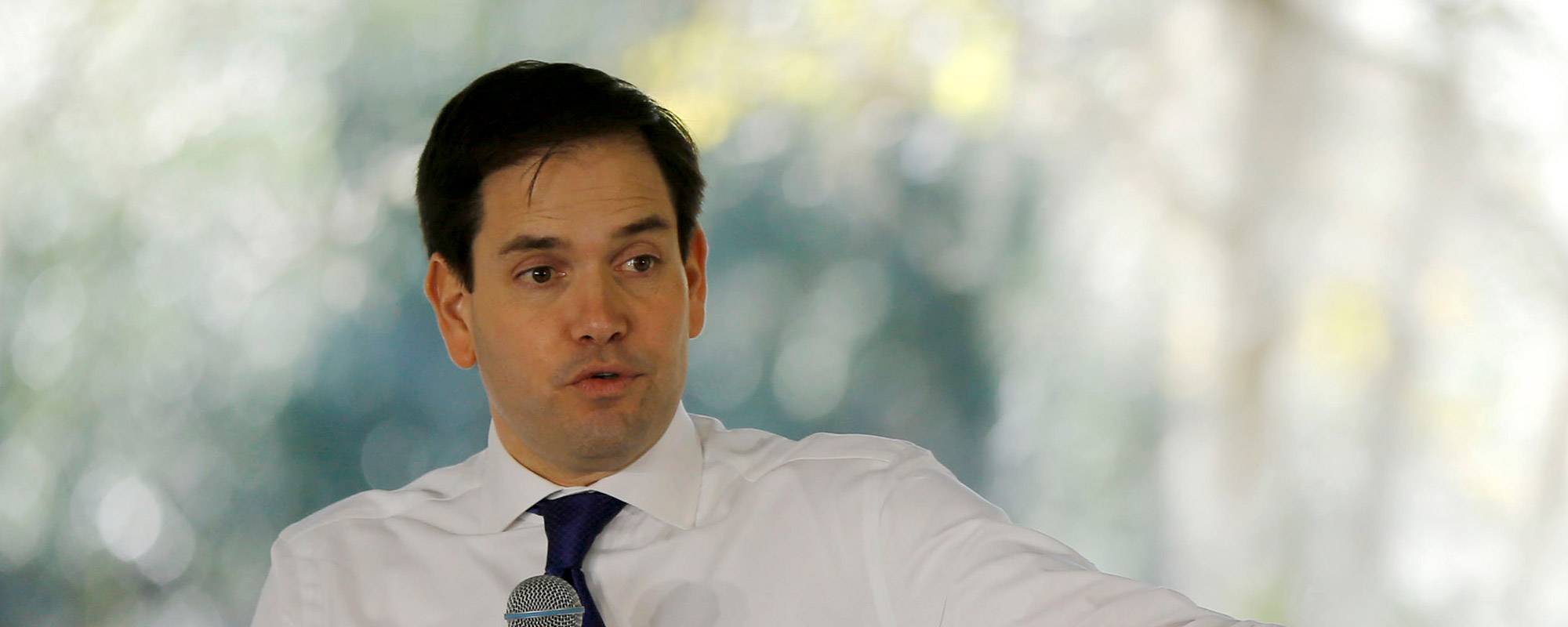
Marco Rubio has called for a broader approach to combating the heroin epidemic, arguing that the issue deserves to be treated as a “medical condition.” There’s a stigma associated with addiction, says Rubio, who earlier this month co-sponsored a bill called the Comprehensive Addiction and Recovery Act. With an eye on the link between prescription painkillers and heroin addiction, the bill would strengthen prescription drug monitoring programs; it would expand disposal sites for unwanted medications; increase the availability of naloxone among first responders; increase treatment resources for the incarcerated; and expand prevention and education efforts.
John Kasich
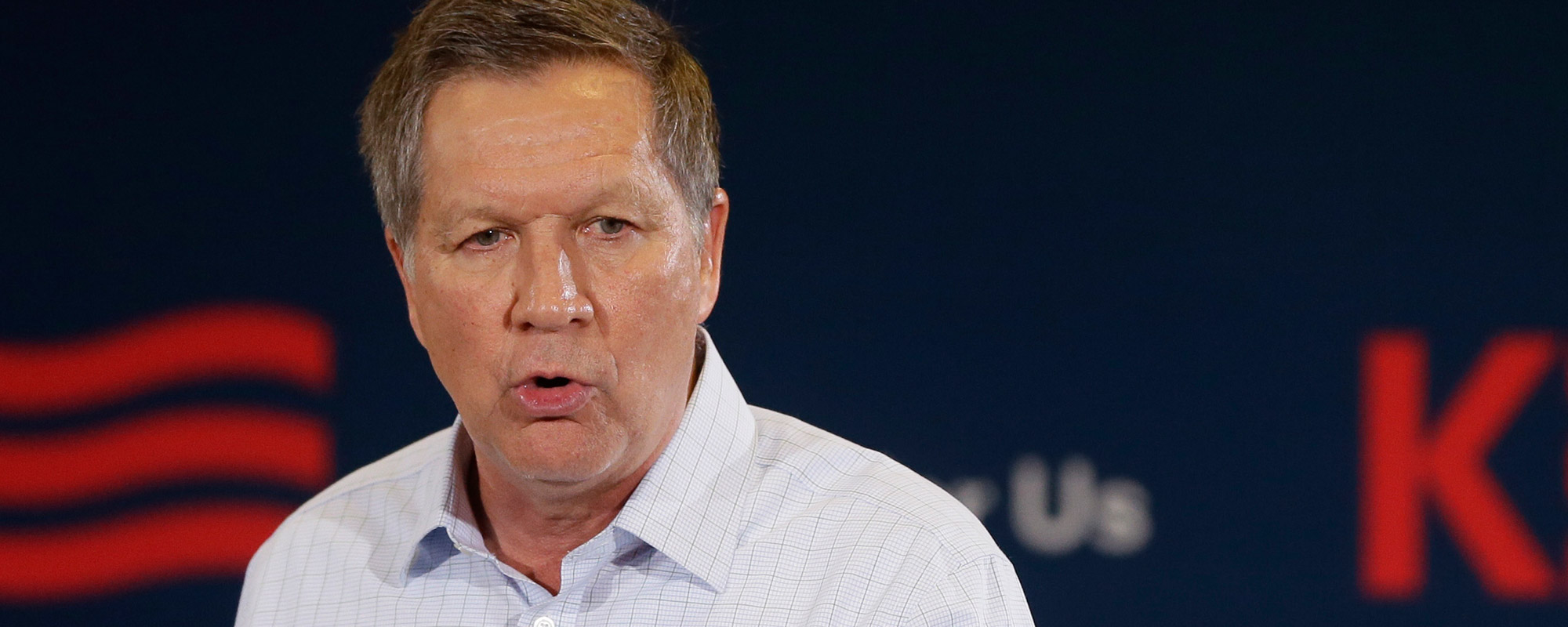
At nearly every stop on the campaign trail, John Kasich has plucked a child from the audience, and urged him or her to not do drugs. As governor of Ohio, Kasich has signed legislation effectively making naloxone available without a prescription. In 2011, Kasich, whose parents were killed by a drunk driver, signed a sentencing reform bill requiring more rehabilitation services for low level, nonviolent drug offenders. “You do bad … we’re locking you up,” Kasich said. “But for someone that wants to do better, we’re giving you a chance.” Kasich has formed a cabinet-level Opiate Action Team to tackle the epidemic, but progress has been slow. In 2014, unintentional drug overdoses killed 2,482 Ohio residents, a record for the state.
Ben Carson
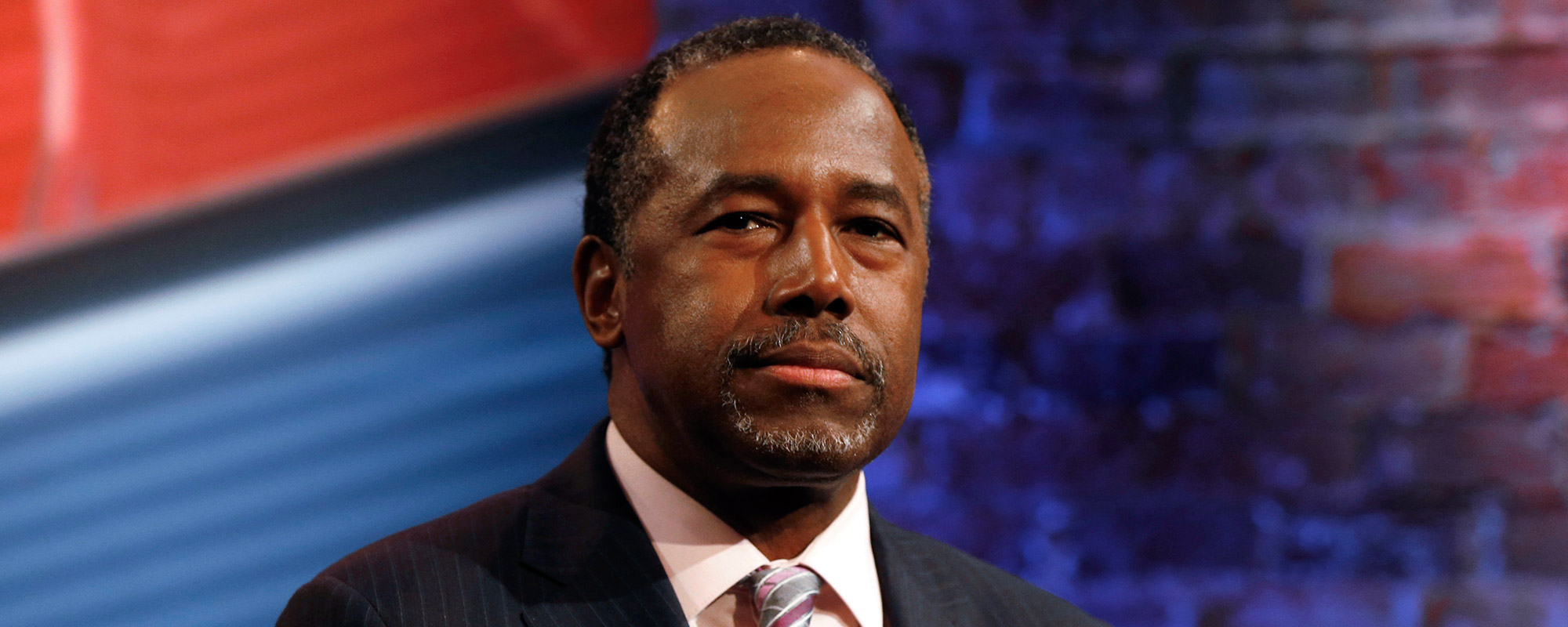
Ben Carson is the last remaining doctor in the 2016 race for the White House, though he has been relatively quiet on the issue of opioid addiction. Carson has yet to detail a policy plan to address the epidemic, though in a November appearance on CBS’s Face the Nation, he linked the problem of addiction to a loss of values and expressed his support for the war on drugs saying, “There is a transportation of heroin through our southern borders that is unimaginable … This is not a good thing for us. We need to not give up on this war on drugs.”
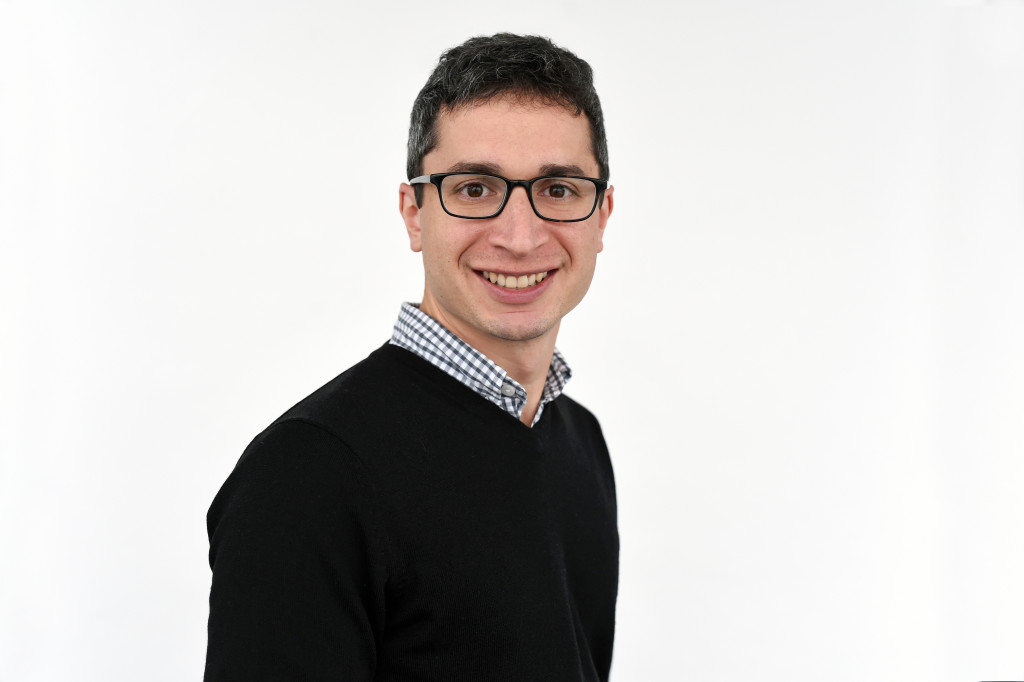
Related Documentaries
Latest Documentaries
Related Stories
Related Stories
Explore
Policies
Teacher Center
Funding for FRONTLINE is provided through the support of PBS viewers and by the Corporation for Public Broadcasting, with major support from Ford Foundation. Additional funding is provided the Abrams Foundation, Park Foundation, John D. and Catherine T. MacArthur Foundation, Heising-Simons Foundation, and the FRONTLINE Trust, with major support from Jon and Jo Ann Hagler on behalf of the Jon L. Hagler Foundation, and additional support from Koo and Patricia Yuen. FRONTLINE is a registered trademark of WGBH Educational Foundation. Web Site Copyright ©1995-2025 WGBH Educational Foundation. PBS is a 501(c)(3) not-for-profit organization.
